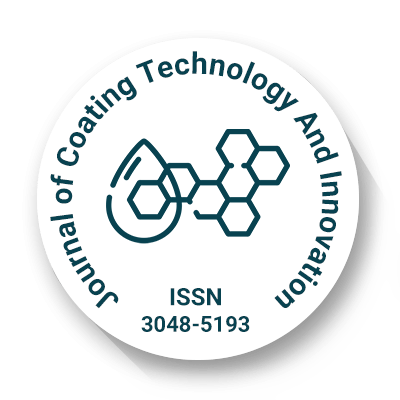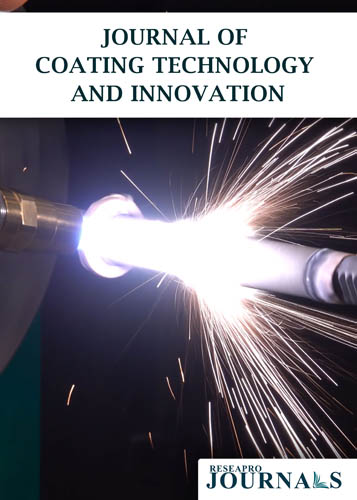
Journal of Coating Technology and Innovation
OPEN ACCESS

OPEN ACCESS

Department of Catalysis & Fine Chemicals, CSIR-Indian Institute of Chemical Technology, Uppal Road, Hyderabad, India
The urgent need to mitigate climate change and address freshwater scarcity has intensied research into advanced porous materials capable of capturing greenhouse gases and harvesting atmospheric water. Among these, reticular materials particularly Metal–Organic Frameworks (MOFs) and Covalent Organic Frameworks (COFs) have emerged as leading candidates due to their high surface area, tunable porosity, and chemical versatility. This review explores the structural foundations and functional dierences between MOFs and COFs, comparing their performance in environmental sustainability applications. Special emphasis is given to their roles in carbon dioxide adsorption and atmospheric water harvesting, including insights into adsorption mechanisms, functionalization strategies, and real-world implementation. Moreover, recent advances in hybrid material design, AI-assisted material discovery, and the integration of these frameworks into scalable devices are discussed. Challenges related to synthesis scalability, cost, and long-term stability are also critically evaluated. Finally, the article highlights future research directions and the expanding potential of MOFs and COFs in other green technologies such as catalysis and solar fuels. Collectively, this review positions MOFs and COFs as transformative tools for a sustainable future, offering viable solutions to
some of the most pressing environmental challenges.
Department of Catalysis & Fine Chemicals, CSIR-Indian Institute of Chemical Technology, Uppal Road, Hyderabad, India